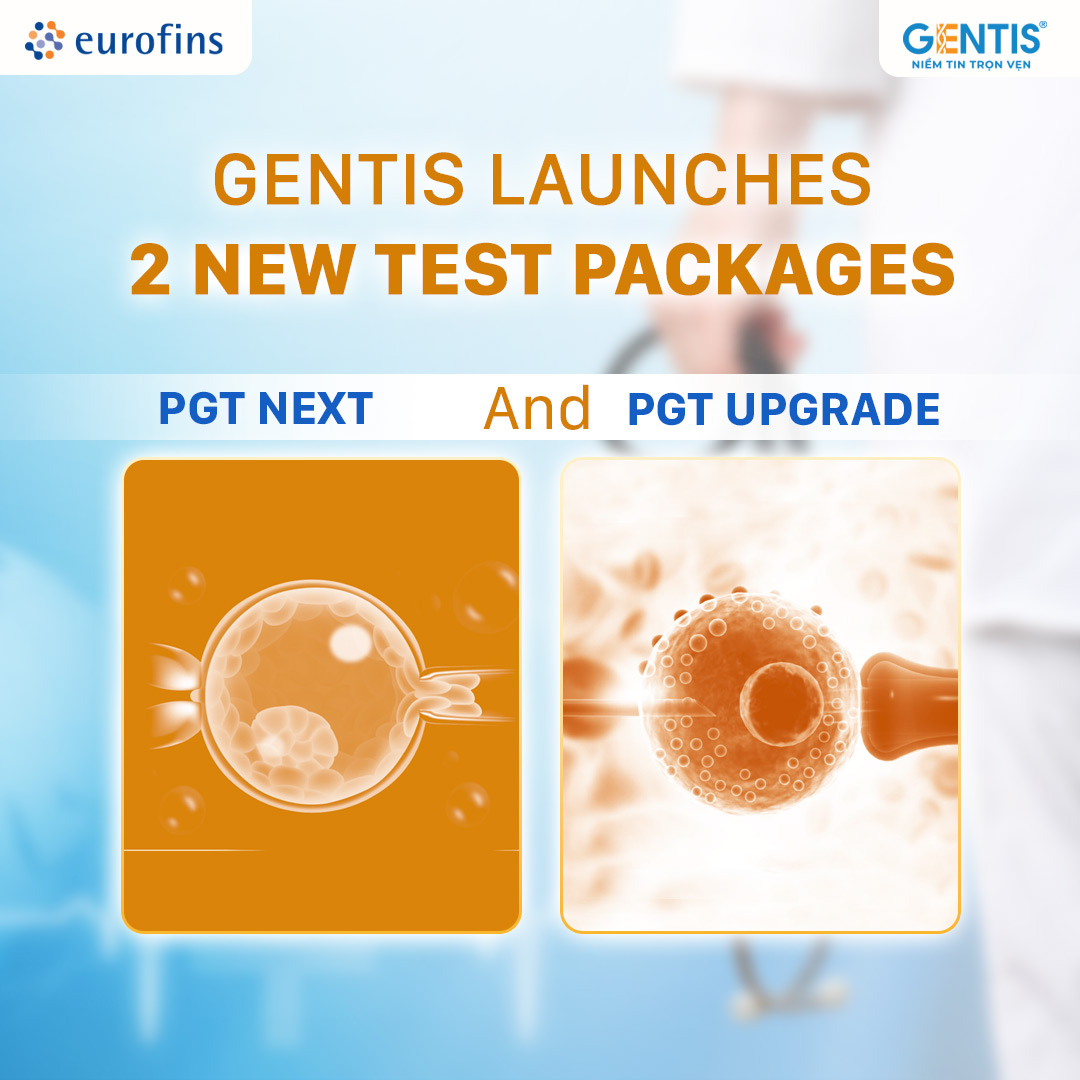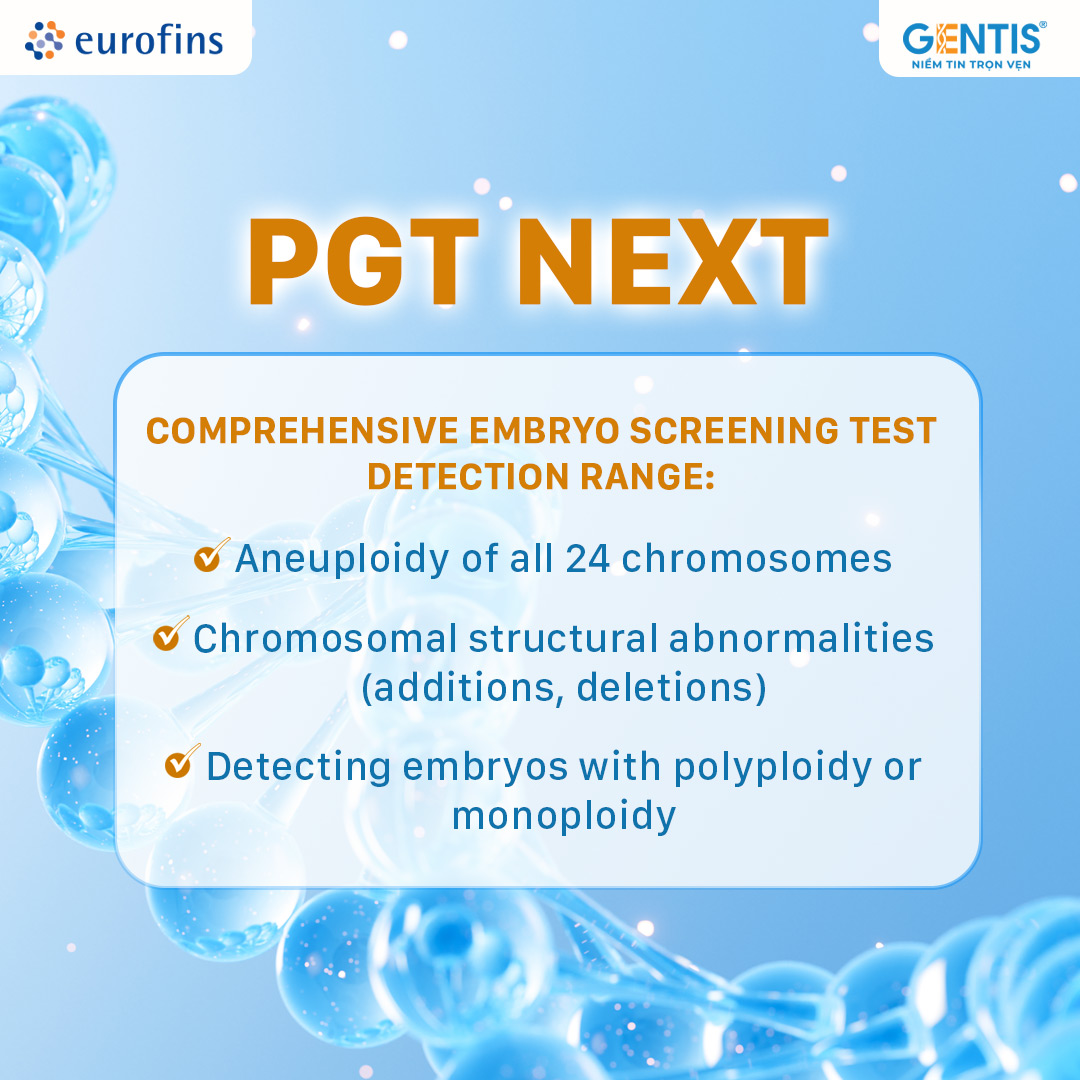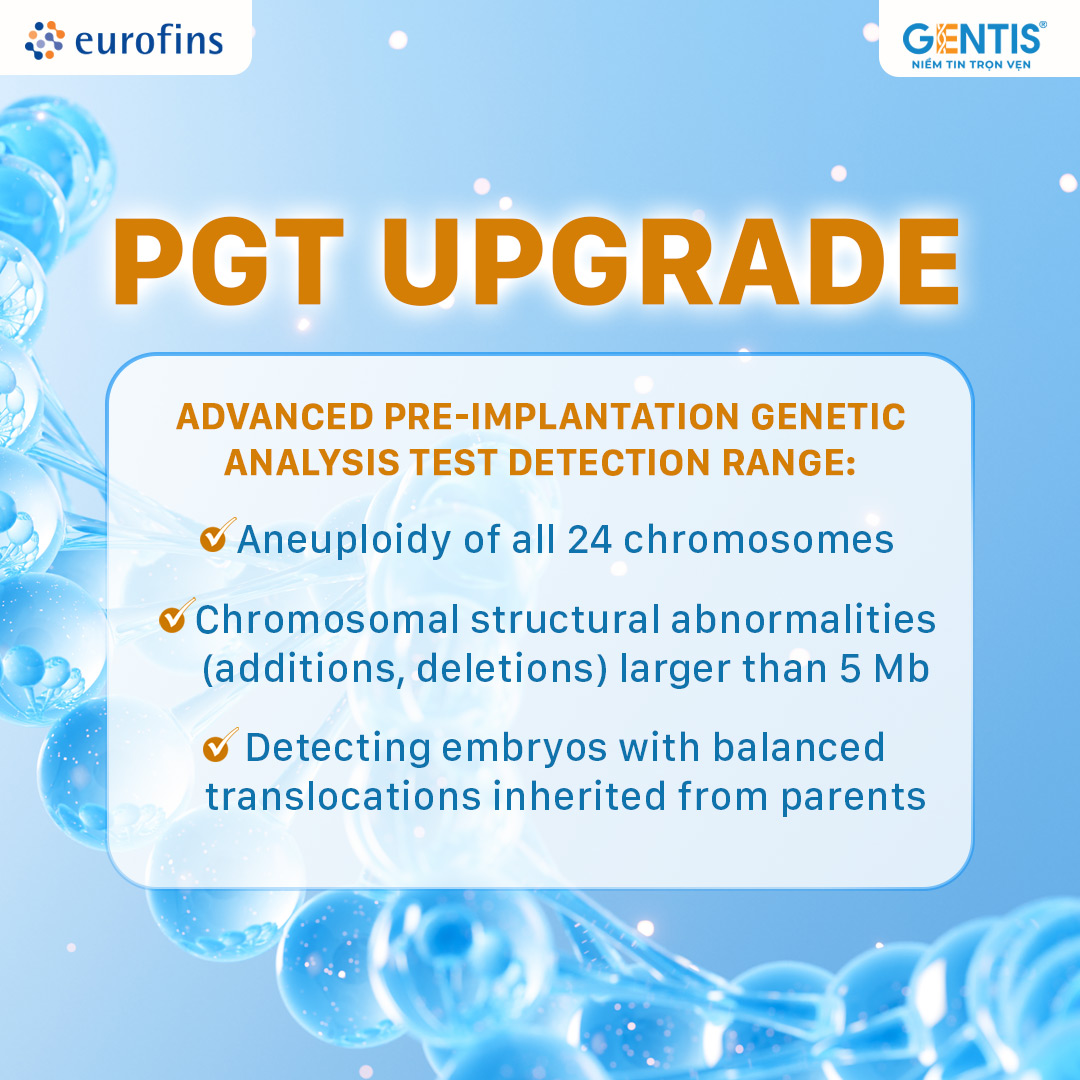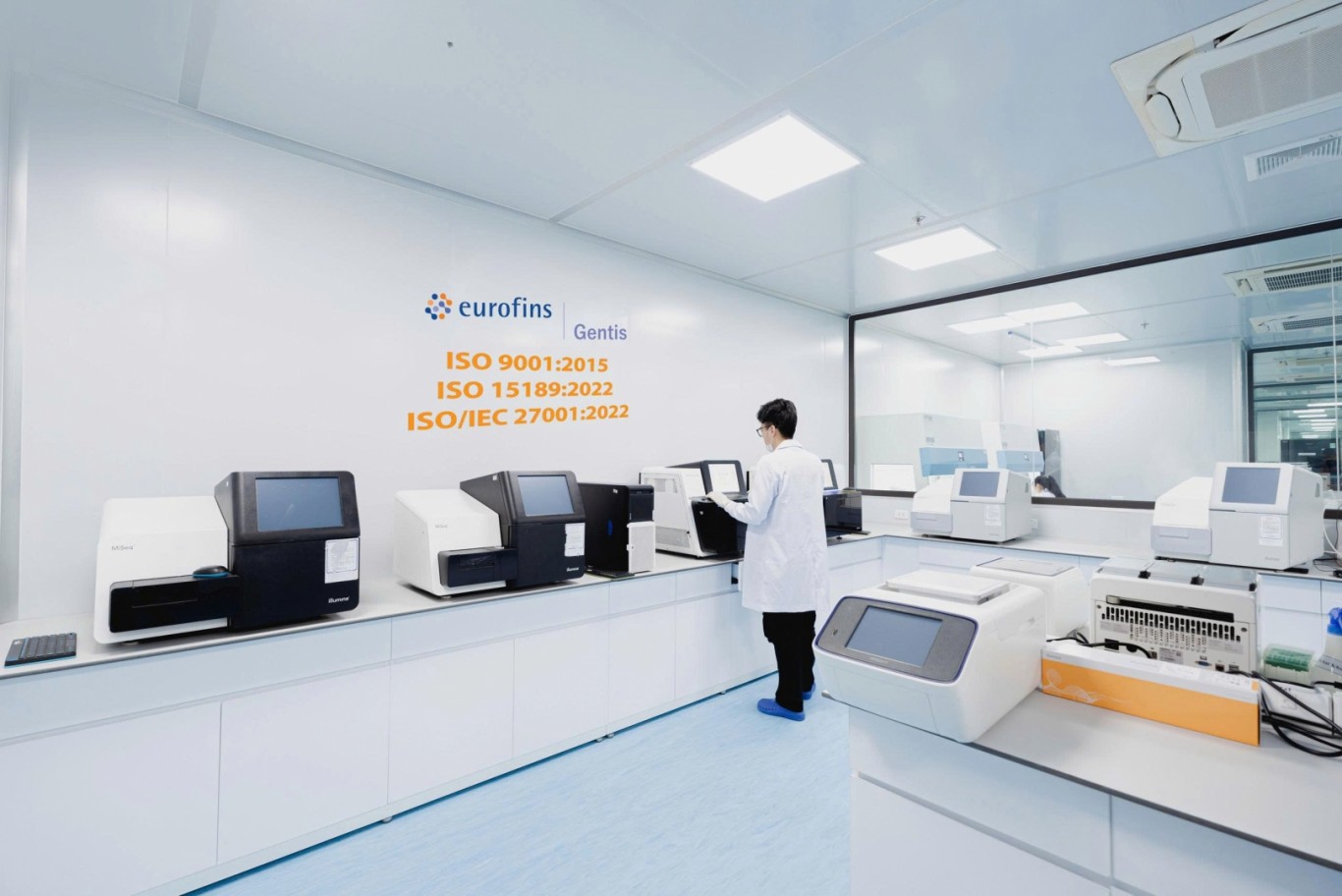
PGT NEXT
PGT NEXT is a pre-implantation genetic analysis test that can detect aneuploidy on 24 chromosomes, chromosomal abnormalities, and chromosomal deletions. It can also detect embryos with polyploidy or haploidy. This helps avoid transferring polyploid/haploidy abnormal embryos, and avoid wasting euploid embryos with fertilization abnormalities (0PN, 1PN, and 2.1/3PN). In addition, the PGT NEXT test also supports the provision of genetic information for embryo selection before embryo transfer. The combination of NGS whole genome sequencing with SNP analysis improves the resolution of genetic screening for polyploidy.This method allows for the identification of haploid and polyploid chromosome sets, increasing the number of healthy euploid embryos available for transfer by accurately detecting true diploid embryos among abnormally fertilized embryos (0PN, 1PN, 2.1PN, 3PN). Additionally, SNP analysis ensures precise identification of whether the tested embryo is genetically related to other embryos in the same cohort, thereby reducing the risk of sample mix-ups due to procedural or handling errors.

- Detection range:
- Aneuploidy of all 24 chromosomes
- Chromosomal structural abnormalities (addition, deletion)
- Detection of embryos with polyploidy or haploid abnormalities.
- Method: Whole genome sequencing and target marker sequencing on next-generation sequencing machine NGS.
- Sample used: Day 5 embryo biopsy sample
- Time to return results: 3 – 4 weeks
PGT UPGRADE
PGT UPGRADE is a pre-implantation genetic analysis test that can detect aneuploidy on 24 chromosomes, additional abnormalities, chromosomal deletions with a size of over 5 Mb, especially capable of detecting embryos carrying balanced translocations inherited from the parents. Chromosomal translocations are structural abnormalities of chromosomes caused by the rearrangement of large segments between non-homologous chromosomes. There are two types of translocations: balanced (no loss of genetic material) and unbalanced (loss or extra genetic material, such as aneuploidy). When both the father and mother carry balanced translocations, approximately 60% of gametes will carry unbalanced translocations, leading to embryos with chromosomal abnormalities. This is also a common cause of repeated implantation failure, recurrent miscarriage, and birth defects. PGT UPGRADE test helps to select euploid embryos for parents carrying balanced translocations to increase the chance of having a healthy baby. In addition, PGT UPGRADE also supports providing genetic information for the embryo selection process before embryo transfer.
Performing PGTest testing can select genetically good quality embryos to increase the chance of pregnancy when performing in vitro fertilization (IVF), helping to increase the chance of the child being born healthy, without the screened genetic abnormalities.

- Detection range:
- Aneuploidy of all 24 chromosomes
- Chromosomal structural abnormalities (addition, deletion) larger than 5 Mb
- Detection of embryos carrying balanced genetic translocations inherited from parents
- Method: Next generation sequencing NGS (Illumina) and analysis of sequencing results using specialized bioinformatics software
- Samples used:
- Parental samples (2-3 ml whole blood in EDTA anticoagulant tubes) and balanced translocation test results.
- Day 5 embryo biopsy sample
- Time to return results: 12 - 14 days
Meaning of PGT NEXT and PGT UPGRADE tests
Preimplantation Genetic Testing (PGT) is a specialized technique to identify genetic abnormalities in embryos created through in vitro fertilization (IVF/ICSI). Preimplantation genetic testing offers the following benefits:
Detecting genetic abnormalities in embryos
PGT helps identify abnormalities in chromosome number (PGT-A) or specific gene mutations (PGT-M), thereby reducing the risk of passing on genetic diseases to the next generation.
Increase IVF success rate
Selecting healthy embryos with normal genes improves implantation rates, increases the chance of pregnancy, and reduces the risk of miscarriage.
Support for optimal embryo selection
Ensuring that only embryos that do not carry genetic diseases or genetic abnormalities are transferred into the uterus increases the chances of having a healthy baby.
Advanced and modern technology
Illumina's next-generation sequencing technology (NGS) with >99% accuracy on target markers and specialized bioinformatics software is the technological standard for PGT testing, increasing the accuracy and sensitivity of the test.
Currently, preimplantation genetic testing (PGT) packages can be performed at a number of hospitals and reproductive support centers in Vietnam. Among them, GENTIS is a pioneer in performing PGT testing packages accurately and professionally.
In particular, GENTIS has a system of high-tech machinery and a team of experienced professionals, where infertile couples put their trust when performing difficult tests. Before doing the screening test, customers will be given genetic counseling and detailed information about the test. Through PGT testing packages, GENTIS hopes to support doctors and infertile couples to quickly find their beloved children, as well as give birth to healthy children, bringing happiness to families nationwide.











